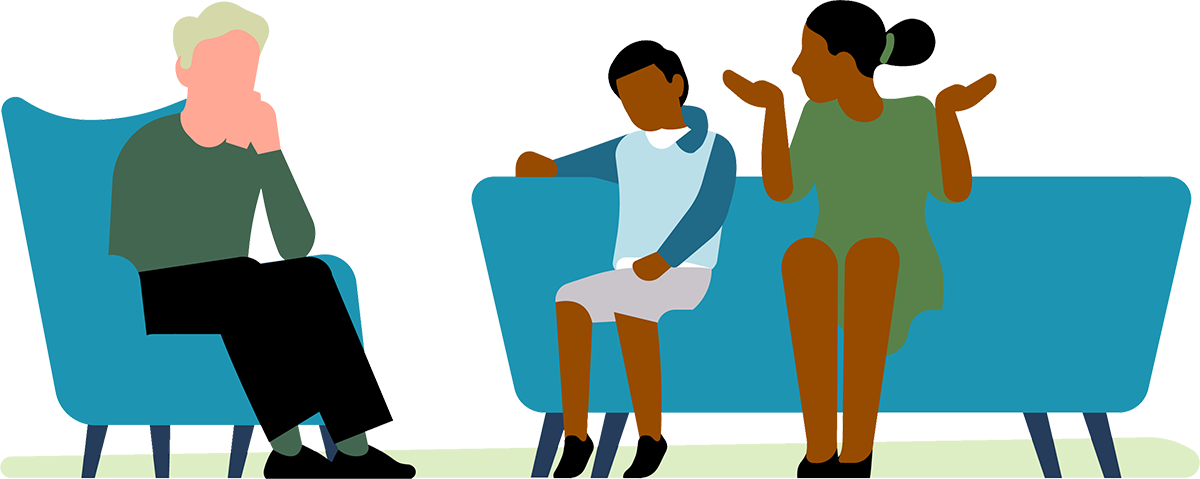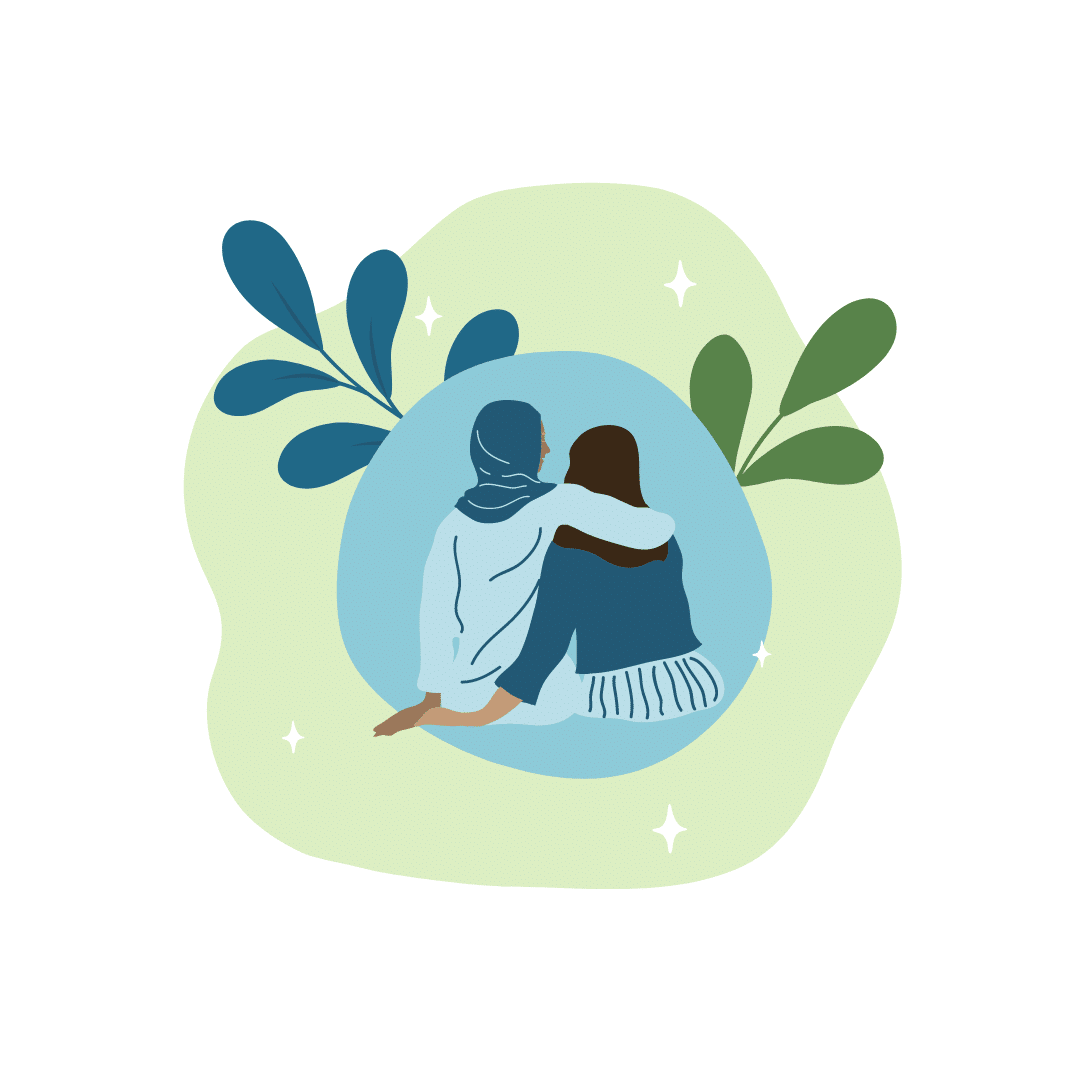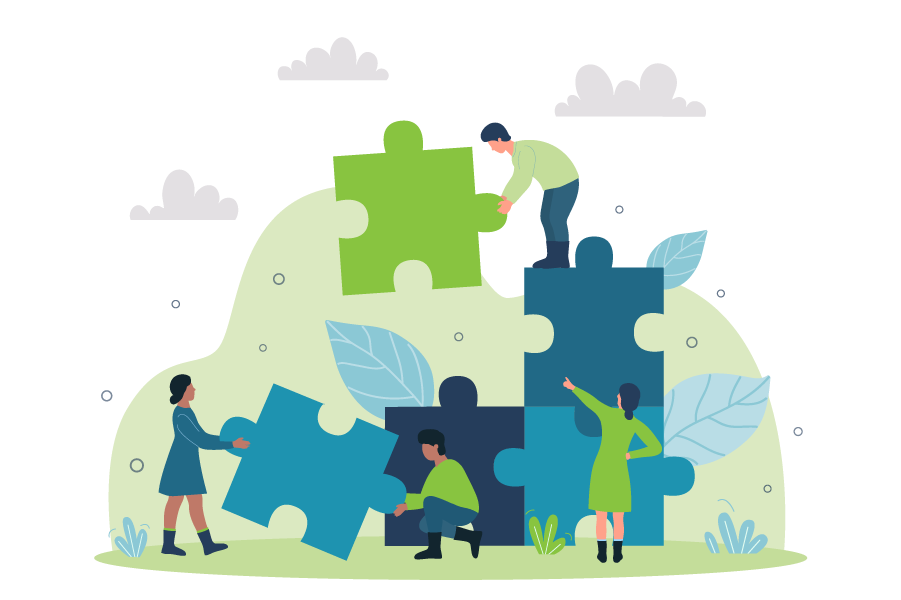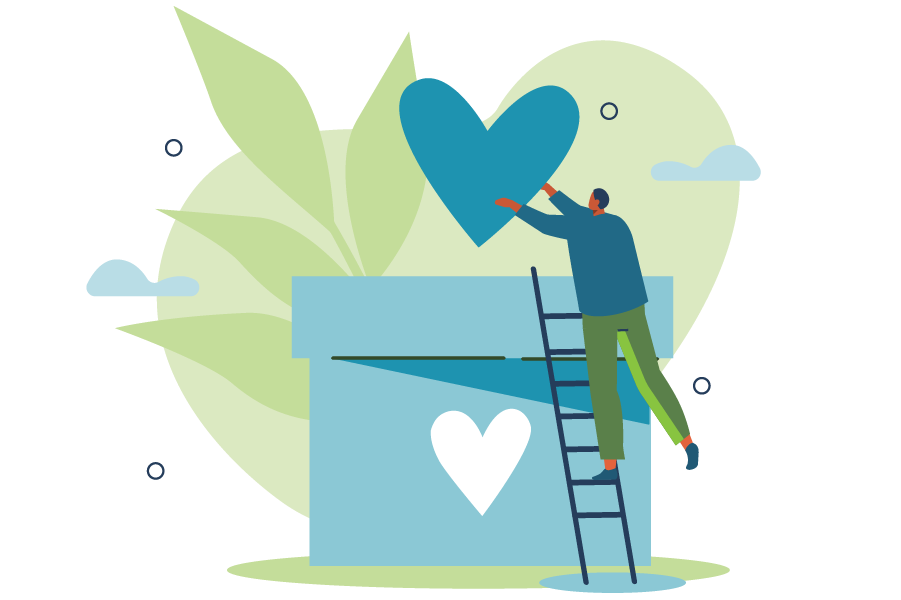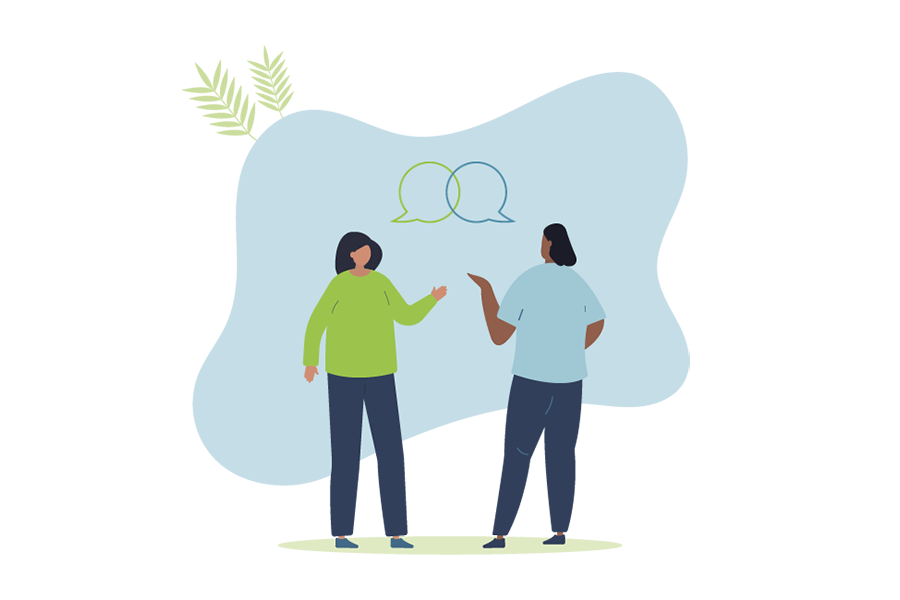Embarking on your journey to building healthier relationships after surviving domestic abuse is a big step towards reclaiming your life.
We know this can be a challenge, and might feel unachievable at this stage, so we’ve put together a guide that we hope will empower you to begin fostering happy, safe, and supportive connections moving forwards.
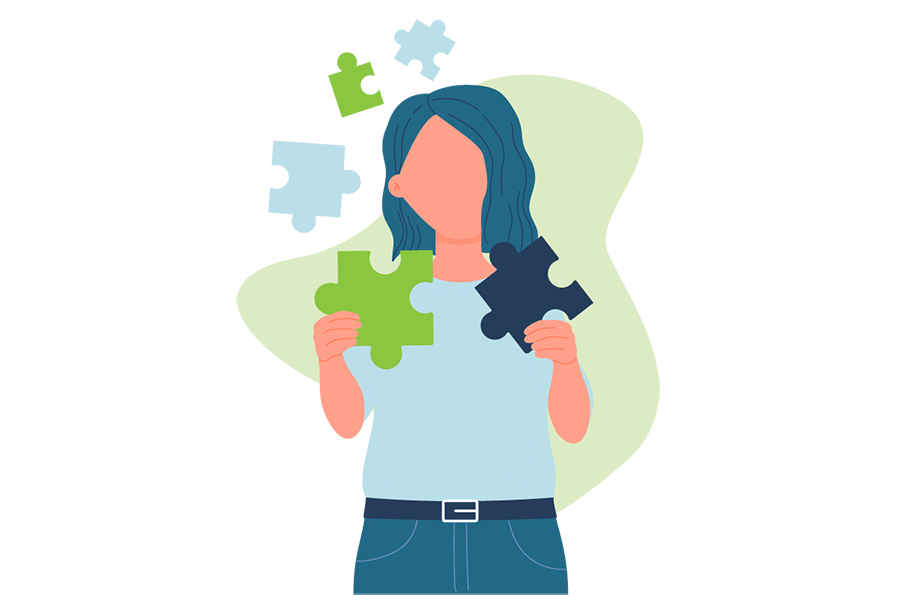
Reflect on Your Values and Boundaries
Start by reflecting on your values and establishing clear boundaries. Identify what you need, want, and expect from a healthy relationship. Understanding these goals can guide us in choosing friends and partners that align with our own values and well-being.
Prioritise Communication
Open and honest communication is the foundation of any healthy relationship. Clearly express your thoughts and feelings, and encourage your partner to do the same. Effective communication fosters understanding and creates an environment of safety and trust.
Encourage Mutual Growth
Healthy relationships support individual growth and self-discovery; encourage your partner’s ambitions, and ensure they support yours. Mutual growth will strengthen your bond and create a positive environment for your relationship to thrive in.
Seek Professional Guidance
Consider couples counselling or individual therapy to navigate challenges and enhance communication skills. A professional can provide you with guidance in building a healthy relationship and help to address any lingering effects of past trauma. If you are struggling to rebuild relationships, or form new ones, in the wake of domestic abuse, talk to us today, We know it can be challenging, and we are here to help.
Be Mindful of Red Flags
Stay vigilant for potential red flags that may signal unhealthy patterns. These can include controlling behaviour, manipulation, or a lack of respect for your boundaries. Trust your instincts and prioritise your well-being by addressing concerns early on and leaving the relationship if it doesn’t feel right.
Build Trust Gradually
Trust is a crucial component of healthy relationships, but it takes time to develop. Allow trust to grow gradually by taking note of consistent and respectful behaviour from your partner. There’s no rush, an understanding partner shouldn’t expect you to trust them entirely from day one, and there is no need to feel guilty for this. Communicate openly about any concerns that you have and work together to strengthen this foundation of trust over time.
Celebrate Independence
It’s healthy to maintain a sense of independence within your relationship. Each partner should have their own interests, goals, and friendships. By celebrating and supporting each other’s individuality, you can build a dynamic relationship built on mutual respect.
Embrace Self-Love
Learn to love yourself and prioritise self-care. Recognising your own worth and cultivating a positive self-image will allow you to establish a strong foundation for your relationships. If you’d like more information on self-care, you can find it here. As a survivor of domestic abuse, you have the strength to create a future filled with healthy, fulfilling relationships. By reflecting on your values, fostering open communication, and staying mindful of red flags, you can learn to build connections that contribute positively to your well-being and to your overall quality of live.
Remember that you deserve happiness, respect, and love in all your relationships.

